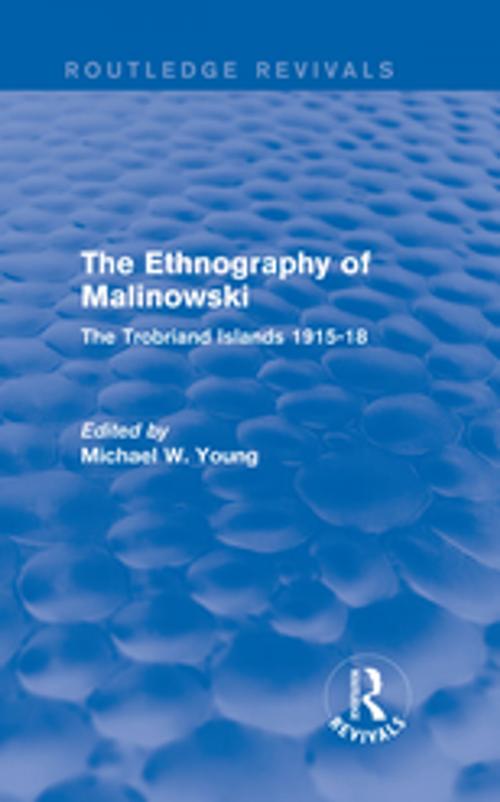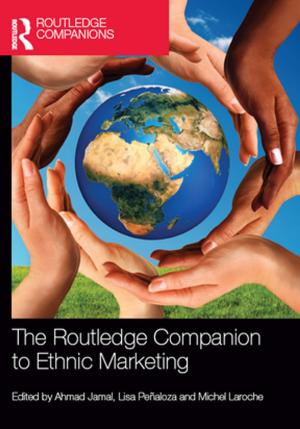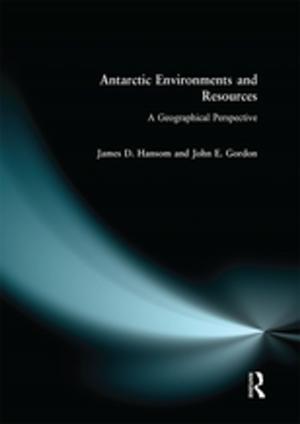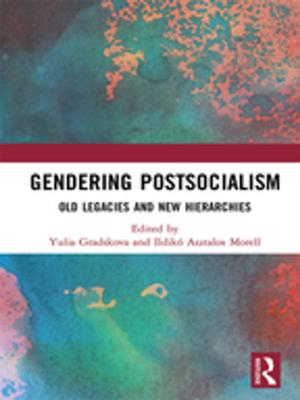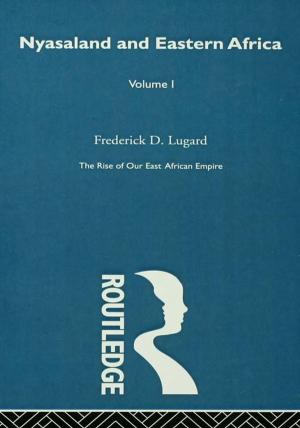Routledge Revivals: The Ethnography of Malinowski (1979)
The Trobriand Islands 1915-18
Nonfiction, Social & Cultural Studies, Social Science, Anthropology| Author: | ISBN: | 9781351663113 | |
| Publisher: | Taylor and Francis | Publication: | July 5, 2017 |
| Imprint: | Routledge | Language: | English |
| Author: | |
| ISBN: | 9781351663113 |
| Publisher: | Taylor and Francis |
| Publication: | July 5, 2017 |
| Imprint: | Routledge |
| Language: | English |
Bronislaw Malinowski is one of the founding fathers of modern social anthropology and the innovator of the technique of prolonged and intensive fieldwork. His writings about the Trobriand Islands of Papua were in their time the most formative influence on the work of British social anthropologists and are of perennial interest and importance. They produced a revolution in the aims and field techniques of social anthropologists, and the method he created is that now normally used by anthropologists in the field.
Malinowski’s field material remains compulsory reading for students. First published in 1979, this book draws from the major monographs of Malinowski to compile a selection of his writings on the Trobriand Islanders. In presenting a concise Trobriand ethnography in one volume, the author gives balanced coverage of economic life, kinship, marriage and land tenure, and to the system of ceremonial exchange known as the Kula. He also provides, in an introductory essay, a critical assessment of Malinowski the ethnographer, and gives a brief account of the Trobriands in a modern perspective.
Bronislaw Malinowski is one of the founding fathers of modern social anthropology and the innovator of the technique of prolonged and intensive fieldwork. His writings about the Trobriand Islands of Papua were in their time the most formative influence on the work of British social anthropologists and are of perennial interest and importance. They produced a revolution in the aims and field techniques of social anthropologists, and the method he created is that now normally used by anthropologists in the field.
Malinowski’s field material remains compulsory reading for students. First published in 1979, this book draws from the major monographs of Malinowski to compile a selection of his writings on the Trobriand Islanders. In presenting a concise Trobriand ethnography in one volume, the author gives balanced coverage of economic life, kinship, marriage and land tenure, and to the system of ceremonial exchange known as the Kula. He also provides, in an introductory essay, a critical assessment of Malinowski the ethnographer, and gives a brief account of the Trobriands in a modern perspective.
